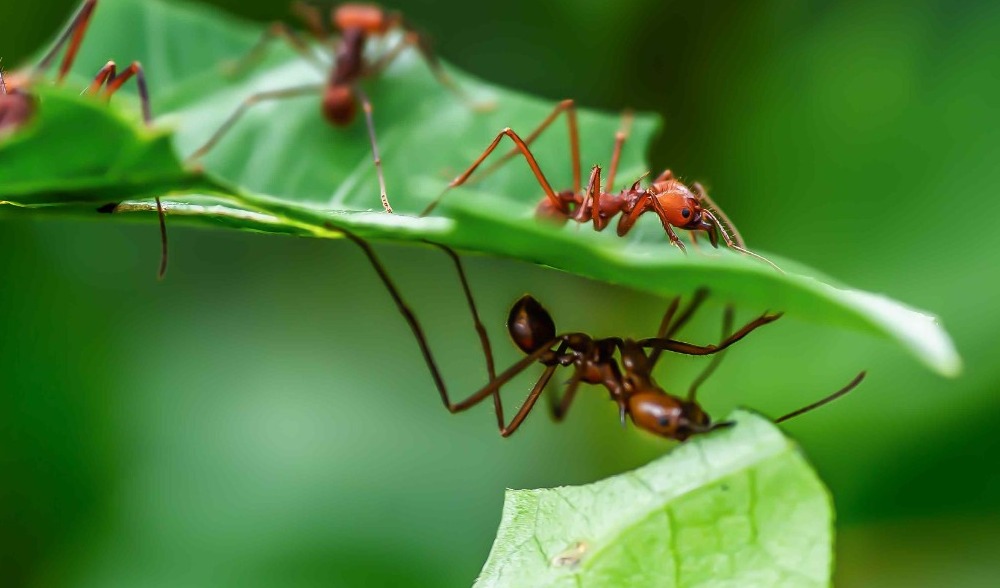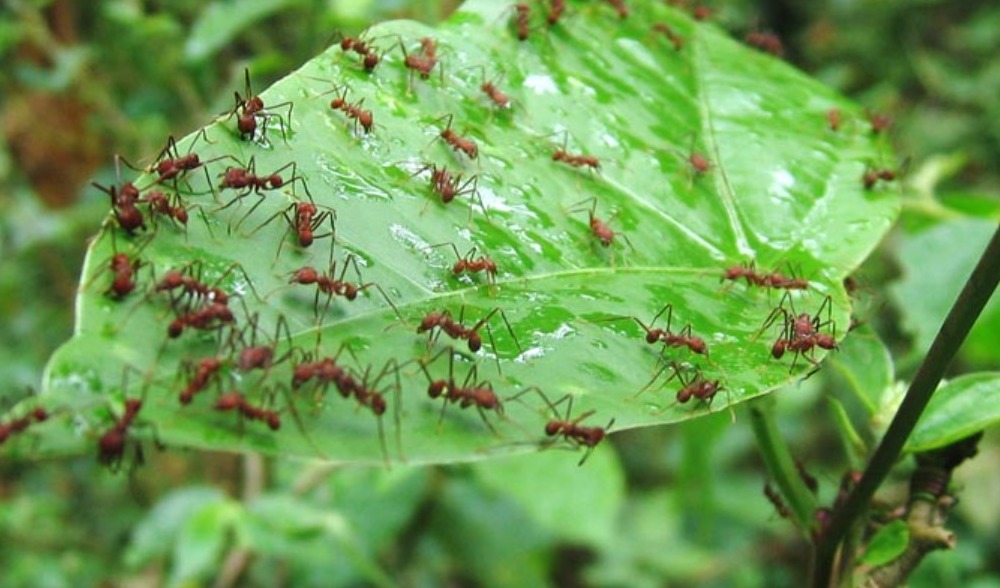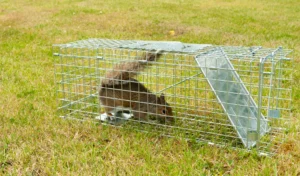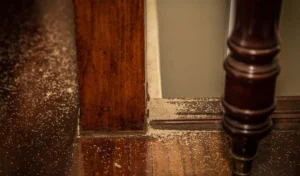Infesting your garden beds with ants can be troublesome, but they’re also a sign of bigger issues. This is why it is important to find an ant killer for garden. Ants are social insects, and they’re some of the most prevalent pests on earth. In addition to eating fleas, caterpillars, termites, dead animals, and insects, ants can help your garden by consuming fleas, caterpillars, and termites. Since ants feed on waxy components from peony buds, they allow them to fully bloom. With all these attributes, if you still wish to learn how to get rid of ants, or need assistance controlling multitudes of ants, keep reading.
During the summer months, you may have noticed convoys of ants going to and from in your garden. Some may have even made it into your home in search of sugar or anything else they can get their mandibles on. In case they are becoming a nuisance, it is time to start asking how to get rid of ants in the garden.

Ant Problem in Garden
Some of the more ecologically-minded among you may be wondering if ants are beneficial to your garden or if they really cause damage to your plants.
Ants can be somewhat beneficial to your garden. Since they are predators, they hunt other insects that live in your lawn and can aid pollination while they are foraging. However, ants like to build nests around the root system of plants, which can stunt growth and leave plants more vulnerable to disease.
Quite a few species of ant also eat honeydew, which is excreted by aphids as they feast on plants. Ants have been known to protect aphids from other predators, such as ladybirds, to maintain a reliable food source. Increased aphid activity in your garden, especially when they have bodyguards, can be disastrous for plant life as they can advance unhindered through your garden, sucking out all of the tasty plant juice.
There are more than 12,000 species of ants. They are fascinating creatures and, although they perform a lot of beneficial tasks, gardeners often find their presence a bit overwhelming. Large infestations may start migrating into your house in search of more food and you may become interested in finding perfect ant killer for garden.
Ant killer For Garden (Best Options)
If it’s time to get rid of them, it’s helpful to begin by finding where ants live. Their nests are often found in mounds. If you can locate their trail and trace it to a mound, you will be able to eliminate most of them, since they will always try to return to their nest.
Here are some best options of ant killer for garden:
- 5% Bifenthrin Water Emulsion
- 15% lmidacloprid Suspending Agent
- Termite Powder
- Underground Termite Inducing and Killing Device
- Household Ant-killing Bait
An ant in your garden is there for two reasons – shelter or food. When you notice a large number of ants in your garden, it signifies that you have other problems – the insects are merely messengers. They may indicate sap-sacking insects in your garden. It could also be mites, scales, whiteflies, or mealy insects. Rather than panic and think of how to eliminate ants in the garden, you should focus on the underlying problem-the presence of pests. Play detective and follow your ants. It will eventually become apparent where the problem lies if you follow the ants.

There are several ways to kill the ants and decimate their nest, so you have plenty of options to choose the best ant killer for garden, but before taking action, you should consider factors like area and amount of ants around your garden.
Good luck on your ant hunt!



